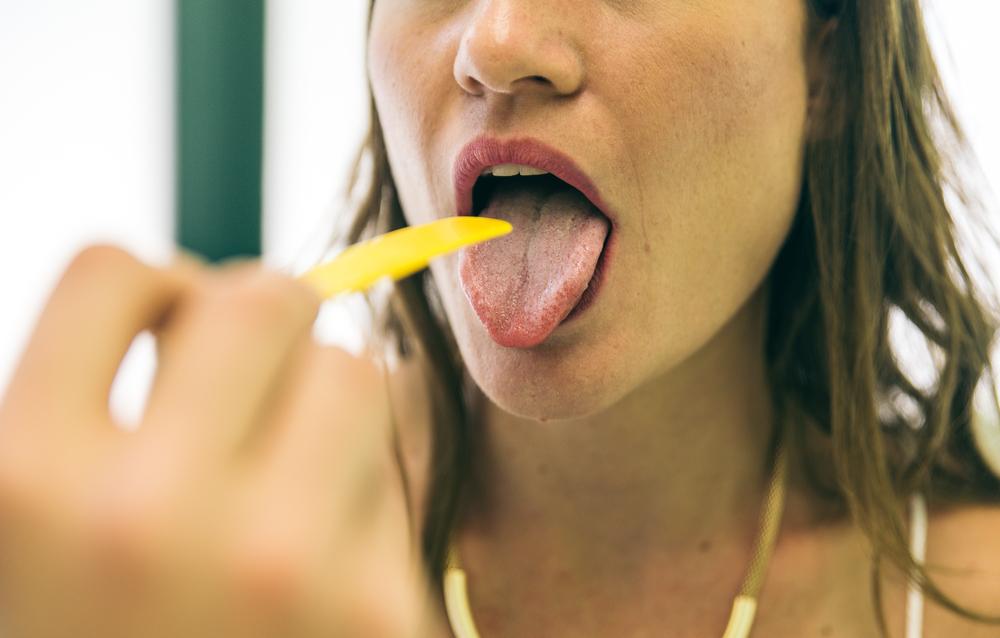
Medicines and treatments that lead to a dry mouth
When a person is dehydrated after an exhausting physical activity, their mouth goes dry as there is no fluid in the body to produce saliva. This is a very temporary phenomenon that can be set right by consuming fluids. The same situation can be a short-term condition, lasting for a couple of days or weeks, in case the body is dehydrated or the salivary glands are not able to produce saliva. A long-term condition is where the salivary glands are permanently damaged.
Some of the illnesses, treatments, and medication that result in the dry mouth as a side effect are:
Sjogren’s syndrome
This is a disorder that affects the immune system, especially when one has rheumatoid arthritis or lupus. The first to be affected are salivary glands, tear glands, and the mucous membranes of the eyes and mouth. This can happen at any age and women above 40 years of age are at high risk. Dry mouth caused by Sjogren’s syndrome cannot be cured and the patient has to work on managing it by keeping the mouth hydrated.
Radiation therapy and chemotherapy
One of the most immediate side effects of both radiation therapy and chemotherapy is dry mouth. Saliva becomes thick after chemotherapy. This is a temporary condition and likely to improve in about 15 days to 2 months, depending on the current health condition of the patient. Radiation therapy can cause more acute symptoms and take more time, about 6 months to improve. Radiation, particularly to head, face, or neck, if the tumor is present there, can result in long-term symptoms and take more than a year or two to improve. Any radiation that is directed at salivary glands can cause permanent damage.
Rheumatoid arthritis and HIV
These are autoimmune disorders where the body is attacked by its own immune system. One of the first organ to be attacked is the glands. When salivary glands are affected, it results in dry mouth.
Alzheimer’s disease
The affected persons many times forget to drink water as the signal for thirst is not as high as normal. Also, some of the medicines for this condition can add to the symptoms of a dry mouth.
Diabetes
The high glucose levels and the medication prescribed for diabetes together result in a dry mouth. Increased fluids and more important use of sugar-free products can help manage the condition.
Thyroid diseases
Various thyroid diseases result in decreased saliva production. Hyperthyroidism, Hashimoto’s thyroiditis, and Grave’s disease are some forms of thyroid disease that affect the salivary glands, resulting in a dry mouth.
Medication
There are about 1,800 medications that term dry mouth as their possible side effect. Some of the medication used to treat gastrointestinal (GI) tract infection; antidepressants; supplements used for weight loss; and medicines used to treat cancer, epilepsy, HIV, arthritis, chronic pain, allergies, schizophrenia, blood pressure, skin infections, cardiovascular disease, and a host of other diseases could result in dry mouth. Once the medication has run its course, the symptoms of dry mouth will reduce and normal secretion of saliva will resume.



